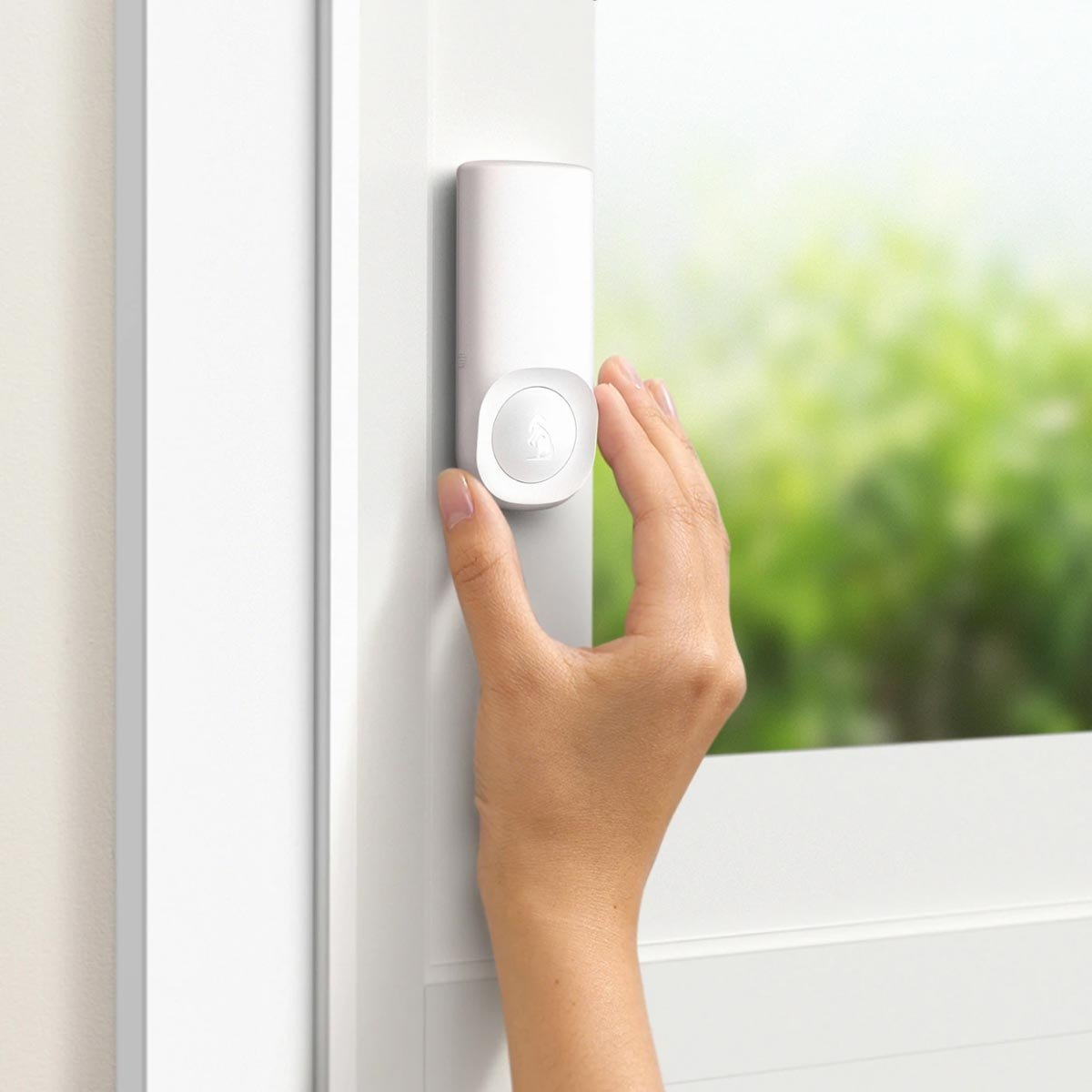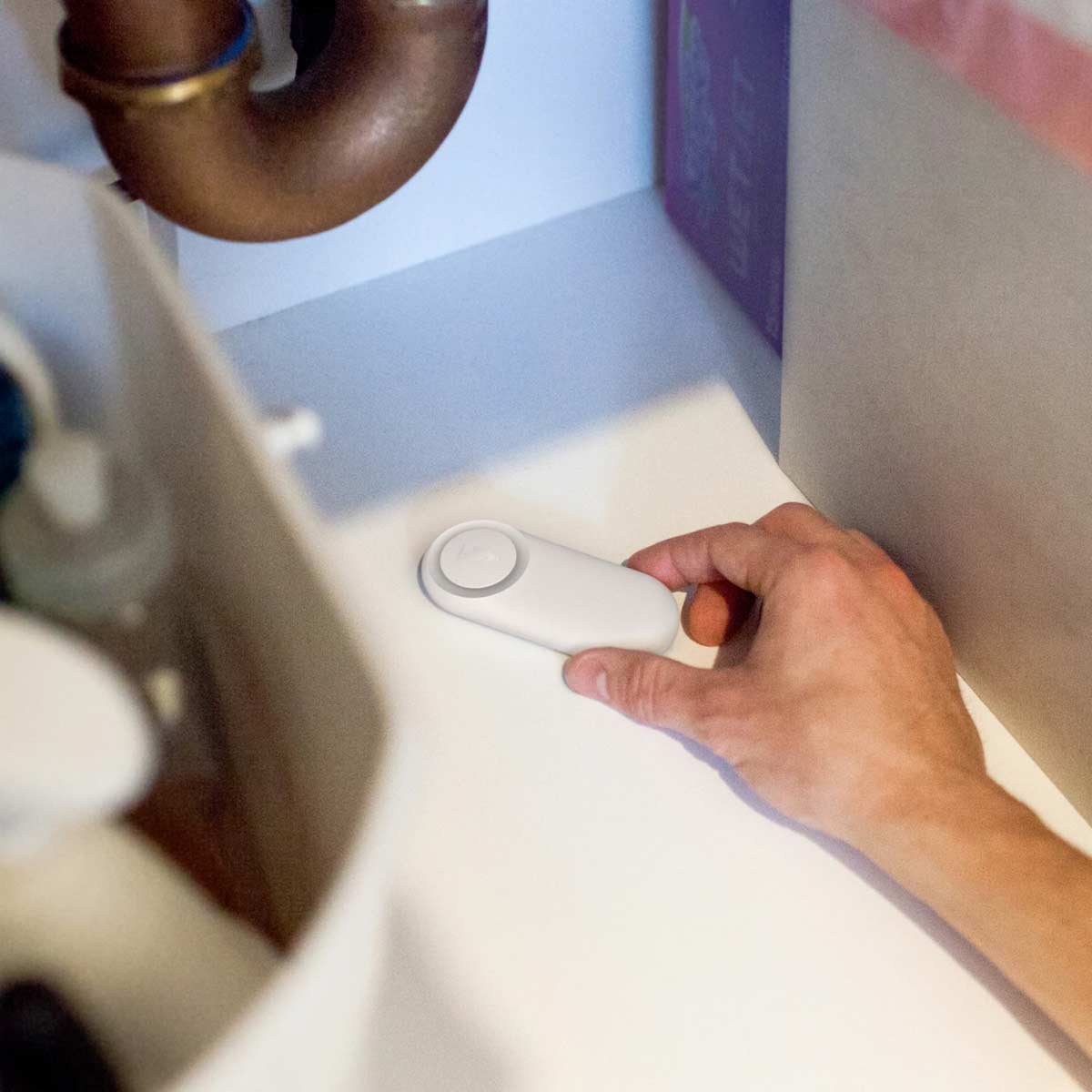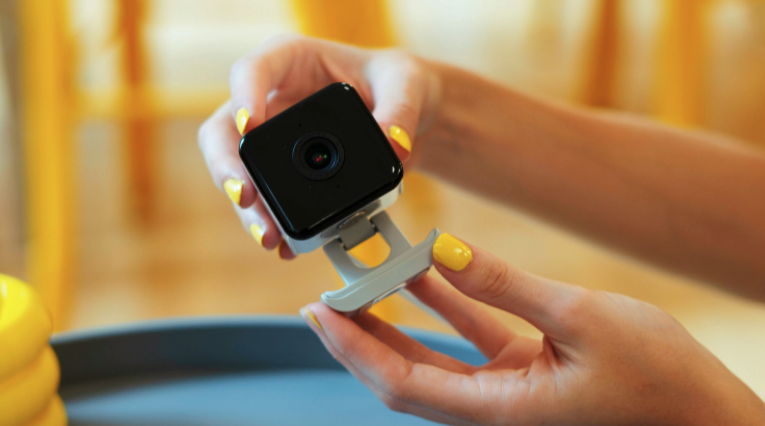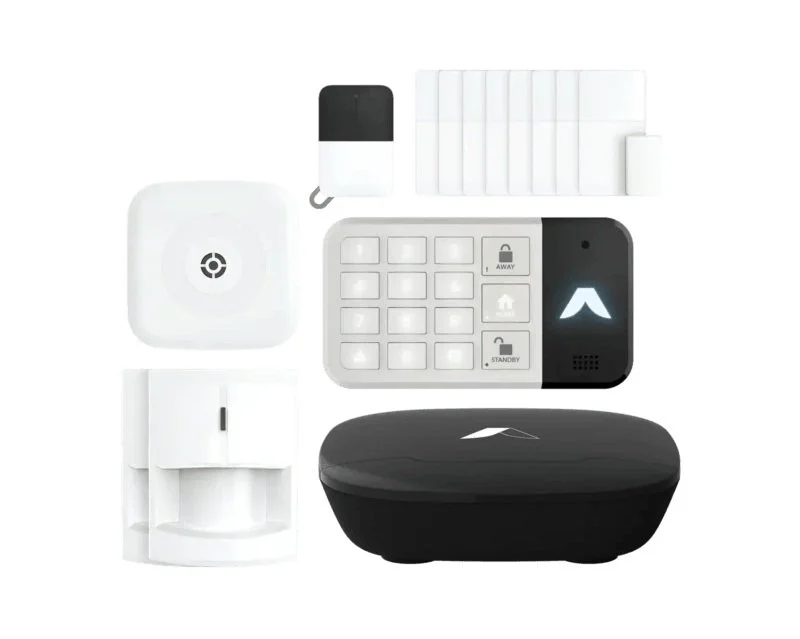Apartment-Friendly Security System: Protecting Your Space Without Breaking the Lease
Whether you’re living in a cozy studio or a spacious multi-bedroom apartment, feeling secure in your home is essential. However, apartments can be more vulnerable to break-ins compared to single-family homes. If you're a renter, you might feel limited by lease restrictions, but there are plenty of renter-friendly solutions to enhance your apartment’s security without drilling holes or making permanent changes.
Statistics on Apartment Security
Only 17% of renters have a monitored home security system, compared to 32% of homeowners. (Source: CNET)
Apartments and multi-unit housing are approximately 85% more likely to experience property crimes than single-family homes. (Source: FBI Crime Data Explorer)
The presence of a home security system can reduce burglary risks by up to 60%. (Source: UNC-Chapel Hill Study)
Top Features of Apartment-Friendly Security Systems
When choosing a security system for your rental, look for the following features:
Effortless Setup and Removal: Look for peel-and-stick sensors, wireless components, and minimal wiring. These systems are easy to install and remove when you move.
Portability: Opt for systems that you can pack up and take with you to your next home.
Wireless Technology: Choose WiFi- or Bluetooth-enabled devices for maximum flexibility and minimal installation requirements.
Monitoring Options: Decide between self-monitoring via smartphone notifications or professional monitoring services for added peace of mind.
Smart Home Integration: Many systems work seamlessly with virtual assistants like Alexa and Google Home, offering voice control and integration with other smart devices.
Best Security Systems for Renters
The market is full of options designed with renters in mind. Here are a few standouts:
Kangaroo offers budget-friendly, DIY security solutions with options from simple door and window sensors to video doorbells and indoor camera/outdoor camera . Has no contracts and everything's geared towards easy use.
A well-respected name with a variety of customizable packages. Choose from basic sensor kits to more comprehensive systems with cameras and professional monitoring options.
If you already use Ring video doorbells or cameras, their alarm system integrates seamlessly, creating a unified system controlled through the Ring app.
Abode offers flexibility with both self-monitored and professionally monitored plans, along with a wide array of compatible devices to expand your system as needed.
Related Content:
Peace of Mind on the GO: Kangaroo - Your Compact Security Camera
How to Stop Burglars from Breaking Into Your Apartment
What Is the Best Home Security System for Your Apartment
Easy Security Upgrades for Renters
Even if a full-fledged security system isn’t feasible, consider these cost-effective upgrades:
Privacy Window Film: Prevents outsiders from peeking into your home, especially on ground-floor units.
Door Security:
Install heavy-duty strike plates or door jammers to reinforce your entry points.
Use chain locks or peepholes for added control and visibility.
Smart Locks: Keyless entry options let you lock/unlock doors remotely and monitor access.
Smart Lighting: Automate your lights to simulate occupancy or integrate with smart home systems for convenience.
Package Protection:
Use secure delivery lockers or smart package lockboxes to prevent package theft.
Opt for signature-required delivery for valuable items.
Water Leak Sensors: While not directly related to security, these devices can prevent costly damages in case of plumbing issues.
Legal and Lease Considerations for Apartment Security Systems
Before you rush to install a security system or make any security upgrades to your apartment, it's essential to understand the legal and lease-related aspects.
1. Review Your Lease Agreement:
Allowed Modifications: Carefully check your lease for clauses related to modifications to the property. Some leases may restrict drilling holes, installing certain types of devices, or altering existing fixtures.
Security System Installations: See if your lease mentions anything about security systems, including installation restrictions, responsibility for maintenance, or potential fees.
External Devices and Noise: Be aware of any rules regarding external cameras, alarms, or any devices that could potentially disturb neighbors.
2. Open Communication with Your Landlord:
Discuss Your Plans: It's always a good idea to have a conversation with your landlord about your security concerns and your plans for improvement.
Highlight the Benefits: Explain how the security upgrades you're proposing could benefit the property as a whole, potentially attracting future tenants and increasing the overall value.
Be Willing to Compromise: If your landlord has concerns about certain modifications, be prepared to find alternative solutions that meet both of your needs.
3. Privacy Considerations:
Camera Placement: Be mindful of where you place security cameras, both inside and outside your apartment. Avoid aiming cameras at areas where people have a reasonable expectation of privacy, such as neighboring balconies or windows.
Recording Audio: In many jurisdictions, recording audio without consent is illegal. Check local laws and regulations before installing any devices that capture sound.
Data Security: If you're using a cloud-based security system, ensure that the provider has strong data security measures in place to protect your personal information.
Protecting Your Space, Protecting Your Peace of Mind
Renting doesn't mean you need to sacrifice your sense of security. By choosing the right technology, making small upgrades, and following security best practices, you can create a safe and secure sanctuary within your rental apartment.















